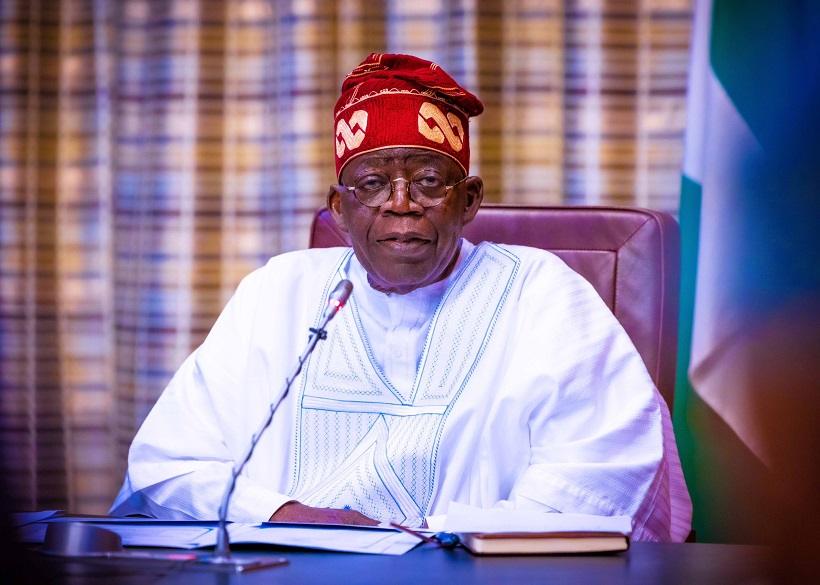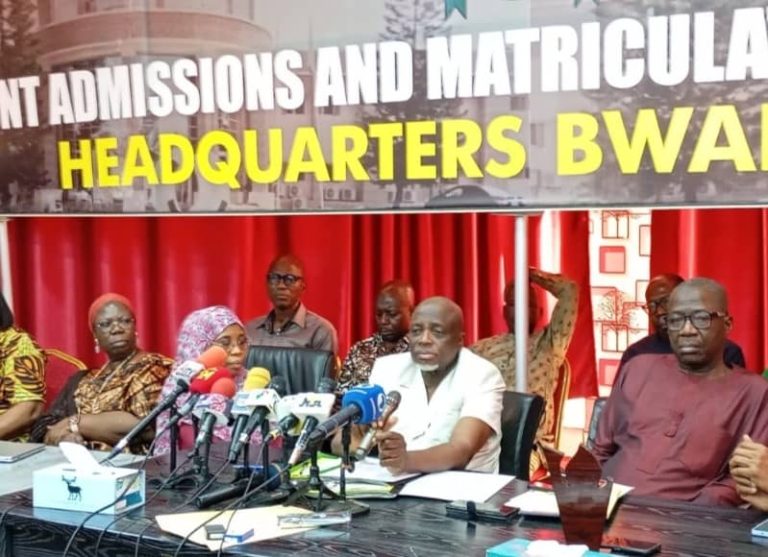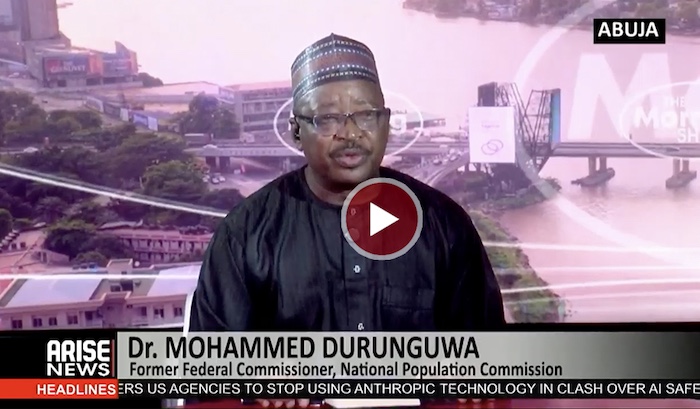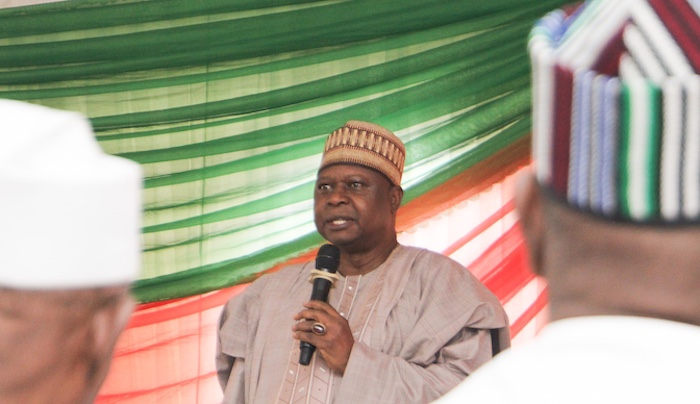
The Nigerian government says the country is well on its way to meeting its annual non-oil revenue targets, thanks to sweeping fiscal reforms and a more digitised revenue collection system.
A statement released on Wednesday by Bayo Onanuga, Special Adviser to President Bola Tinubu on Information and Strategy, revealed that non-oil revenues between January and August 2025 hit ₦20.59 trillion, a 40.5% increase compared to ₦14.6 trillion collected in the same period last year.
Describing the development as Nigeria’s “strongest fiscal performance in recent history,” the Presidency said it marks a fundamental shift in how the country generates public revenue.
“Nigeria’s fiscal foundations are being reshaped. For the first time in decades, oil is no longer the dominant driver of government revenue,” Onanuga said in the statement titled “Nigeria’s Non-Oil Revenues Power Strongest Fiscal Performance In Recent History.”
According to the figures released, non-oil revenue now makes up three-quarters of total collections, with ₦15.69 trillion coming from non-oil sources. Nigeria Customs Service contributed ₦3.68 trillion in the first half of the year , ₦390 billion above projections, a performance officials attribute to “systemic changes” rather than one-off gains.
While inflation and exchange rate shifts played a role in boosting the numbers, the Presidency insists the primary drivers are policy reforms, tighter enforcement, automated Customs processes, and expanded digital tax filings.
President Tinubu, speaking earlier this week during a visit from members of the Buhari Organisation at the State House, highlighted the improved revenue outlook as proof of stronger public financial management. He also noted that the Federal Government has stopped borrowing from local banks, easing pressure on domestic credit markets.
The improved collections are not only benefiting the federal coffers. The statement pointed to increased disbursements to state and local governments, with monthly allocations exceeding ₦2 trillion in July, the first time in Nigerian history.
Officials say this enhanced fiscal space is allowing state governments to ramp up spending on infrastructure, agriculture, and social services, in line with President Tinubu’s commitment to inclusive development.
“Resources are being directed closer to the people,” the statement read, while acknowledging that current revenues still fall short of the administration’s long-term goals for investment in education, healthcare, and critical infrastructure.
Despite the non-oil gains, the statement admitted that oil revenues remain under pressure, hit by global crude price volatility and Nigeria’s persistent struggle to meet its production targets.
The Presidency said the Budget Office will issue final year-end assessments to validate whether the government has fully met its fiscal targets.
“Revenues are rising, the base is broadening, and reforms are working. The priority now is to ensure these improvements lead to real impact,food on the table, jobs for the youth, and better infrastructure for all Nigerians,” the statement concluded.



